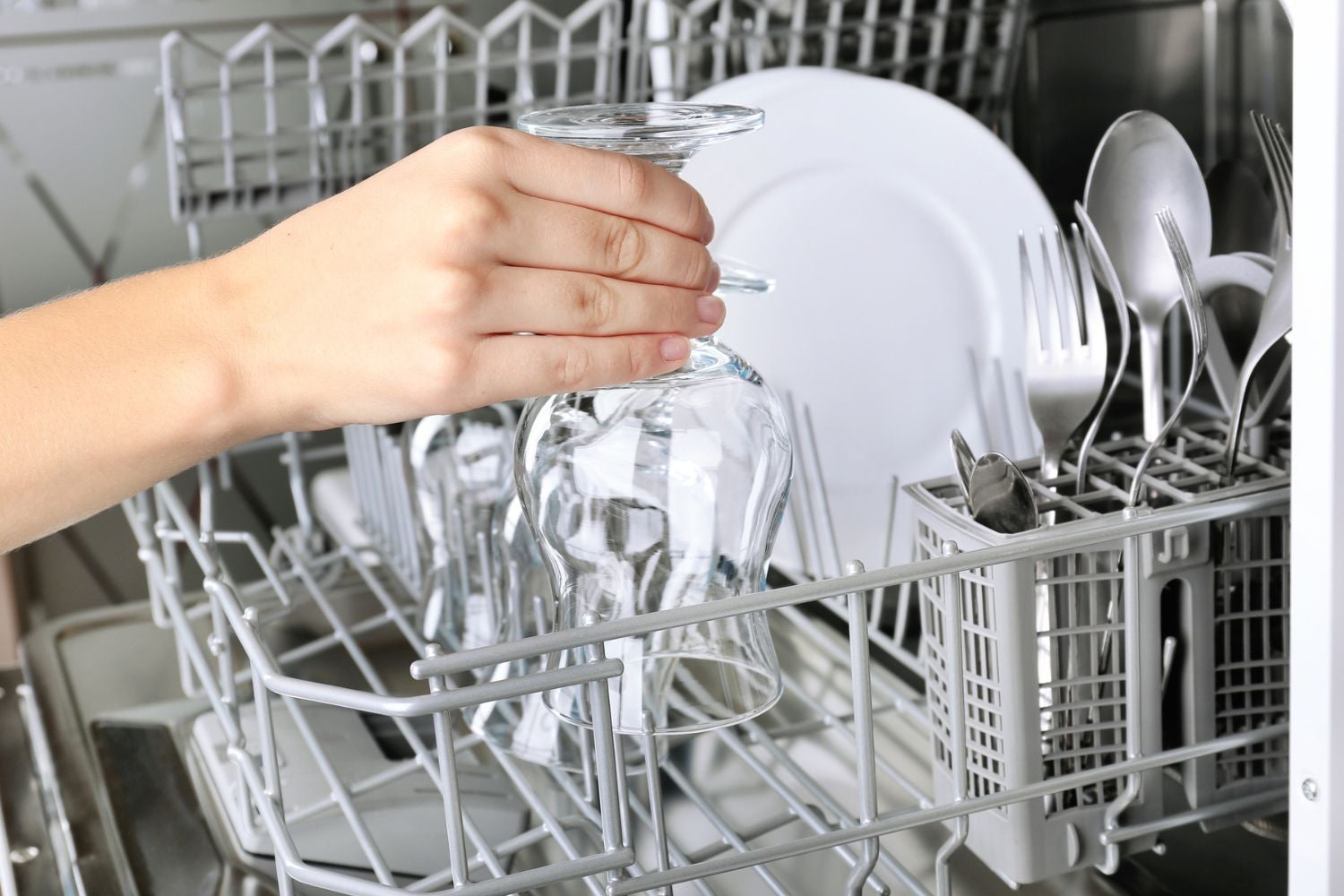

Articles
How Long Does Dishwasher Last
Modified: March 25, 2024
Discover the average lifespan of dishwashers in this informative article. Learn how long your dishwasher is expected to last and get tips for extending its longevity.
(Many of the links in this article redirect to a specific reviewed product. Your purchase of these products through affiliate links helps to generate commission for Storables.com, at no extra cost. Learn more)
Introduction
The dishwasher is an indispensable appliance in modern kitchens, providing us with the convenience of cleaning our dishes with minimal effort. However, like any other household appliance, dishwashers also have a limited lifespan. Understanding how long a dishwasher is expected to last can help you plan for its replacement and make informed purchasing decisions.
Several factors influence the lifespan of a dishwasher, including the quality of materials used, frequency of use and maintenance, and water quality. By taking these factors into account, you can optimize the lifespan of your dishwasher and ensure it functions efficiently for a longer period of time.
In this article, we will explore these factors in detail and provide tips to extend the lifespan of your dishwasher. Furthermore, we will discuss the average lifespan of dishwashers and how to identify signs that your dishwasher may be nearing the end of its lifespan.
Key Takeaways:
- Proper maintenance, including regular cleaning of filters and inspection of worn-out parts, can extend the lifespan of a dishwasher. Using high-quality detergents and loading the dishwasher correctly are also crucial for optimal performance.
- Understanding the signs of a dishwasher reaching the end of its lifespan, such as reduced cleaning performance and excessive noise, can help users make informed decisions about repairs or replacements. Regular professional maintenance and attention to water quality are essential for maximizing the longevity of the appliance.
Read more: How Long Does A Toothbrush Last
Factors Affecting the Lifespan of a Dishwasher
The lifespan of a dishwasher can vary depending on several factors. Understanding these factors can help you take appropriate measures to ensure your dishwasher lasts as long as possible:
1. Quality of Materials Used: The quality of the materials used in manufacturing the dishwasher is a significant factor in determining its lifespan. Dishwashers made with high-quality materials, such as stainless steel interiors and durable plastic exteriors, tend to have a longer lifespan compared to those made with lower-quality materials.
2. Frequency of Use and Maintenance: The frequency of use and proper maintenance play crucial roles in extending the lifespan of your dishwasher. The more often you use your dishwasher, the more wear and tear it experiences. Regular maintenance, such as cleaning the filter, removing debris from spray arms, and inspecting and replacing worn-out parts, can help prevent issues and prolong its lifespan.
3. Water Quality: The quality of the water used in your dishwasher can impact its lifespan. Hard water, which contains high levels of minerals like calcium and magnesium, can lead to the buildup of limescale and mineral deposits in the dishwasher’s components. Over time, this buildup can affect its performance and reduce its lifespan. Using a water softener or descaler periodically can help mitigate the negative effects of hard water.
4. User Behavior: How you load your dishwasher and the types of items you wash can also affect its lifespan. Overloading the dishwasher or placing items that are not dishwasher-safe can lead to damage over time. It’s important to follow the manufacturer’s guidelines and load the dishwasher correctly to prevent unnecessary strain on its components.
5. Power Surges and Electrical Issues: Electrical issues, such as power surges or voltage fluctuations, can damage the electronic components of the dishwasher. Installing surge protectors or voltage stabilizers can help safeguard your dishwasher from such issues and prolong its lifespan.
By considering these factors and implementing appropriate measures, you can maximize the lifespan of your dishwasher and avoid premature breakdowns. In the next sections, we will discuss the signs that indicate your dishwasher may be nearing the end of its lifespan, as well as the average lifespan of dishwashers in general.
Quality of Materials Used
The quality of materials used in the construction of a dishwasher is a crucial factor in determining its lifespan. High-quality materials can withstand the daily wear and tear of regular use and are more resistant to damage and deterioration. Here are some aspects to consider regarding the materials used in dishwashers:
1. Interior: The interior of a dishwasher typically comes in two variations: stainless steel and plastic. Stainless steel interiors are known for their durability and resistance to stains, odors, and rust. They can withstand high temperatures and are less likely to warp or crack over time. Plastic interiors, on the other hand, are less expensive but may be more prone to wear and tear, especially if abrasive detergents or utensils scratch the surface.
2. Exterior: The exterior of the dishwasher can be made of various materials, such as stainless steel, plastic, or even a combination of both. Stainless steel exteriors provide a sleek and durable finish, while plastic exteriors are more affordable but may not offer the same level of durability. It’s important to choose an exterior material that suits your budget and aesthetic preferences, while also considering its longevity.
3. Racks and Utensil Baskets: The racks and utensil baskets inside the dishwasher are responsible for holding the dishes and utensils in place during the wash cycle. These components should be made of sturdy and corrosion-resistant materials, such as coated metal or high-quality plastic. Investing in a dishwasher with robust racks and baskets will ensure they can withstand frequent use and minimize the risk of breakage or damage.
4. Seals and Gaskets: Seals and gaskets are essential components that prevent water leakage from the dishwasher. High-quality seals made of rubber or silicone are more durable and less likely to deteriorate over time. Damaged or worn-out seals can lead to water leaks, which can damage the dishwasher’s internal components. Regularly inspecting and replacing seals and gaskets when necessary can help maintain the dishwasher’s integrity.
5. Control Panel and Buttons: The control panel and buttons on the dishwasher are typically made of plastic or touch-sensitive materials. Ensure that the control panel is made with durable materials that can withstand repeated use and are resistant to moisture and wear. Quality buttons should have a robust mechanism that can endure frequent pressing without becoming loose or unresponsive.
When purchasing a dishwasher, it’s essential to consider the quality of materials used in its construction. Investing in a dishwasher with high-quality materials may initially cost more but can ultimately save you money by prolonging its lifespan and reducing the need for repairs or replacements.
Frequency of Use and Maintenance
The frequency of use and regular maintenance are key factors that influence the lifespan of your dishwasher. Proper care and maintenance can help prevent issues, reduce wear and tear, and extend the lifespan of the appliance. Here are some important considerations regarding the frequency of use and maintenance of your dishwasher:
1. Regular Use: The frequency at which you use your dishwasher can impact its lifespan. Using the dishwasher daily or multiple times a day can put more strain on its components, increasing the likelihood of wear and tear. If possible, try to space out dishwasher loads to give the appliance time to cool down and prevent excessive stress on its mechanical parts.
2. Loading Guidelines: Properly loading the dishwasher is crucial to avoid unnecessary strain on its components. Be mindful of how you arrange dishes, utensils, and other items to ensure that water can circulate freely and spray arms can reach every surface. Overloading or improperly loading the dishwasher can lead to inadequate cleaning and potential damage to the racks and spray arms.
3. Cleaning the Filter: The filter in your dishwasher helps to trap food particles and debris, preventing them from clogging the drain and affecting the dishwasher’s performance. Regularly clean and remove any food particles or build-up from the filter to prevent clogs and maintain optimal drainage.
4. Cleaning the Spray Arms: The spray arms distribute water in the dishwasher, ensuring thorough cleaning. Over time, debris can accumulate and clog the spray arm nozzles, affecting its efficiency. Regularly clean the spray arms and remove any blockages to maintain optimal spraying performance.
5. Inspecting and Replacing Worn-Out Parts: Over time, certain parts of the dishwasher may wear out and require replacement. Regularly inspect components such as seals, gaskets, racks, and utensil baskets for signs of wear or damage. Replace any worn-out parts promptly to prevent further issues and maintain the dishwasher’s functionality.
6. Properly Using Detergents: Using the correct dishwasher detergent and following the manufacturer’s instructions is essential for proper cleaning and to avoid damage to the dishwasher. Using excessive detergent can lead to residue buildup and clogs, while using the wrong type of detergent can damage the dishwasher’s components. Be diligent in selecting the appropriate detergent and using it according to the recommended dosage.
7. Professional Maintenance: Occasionally, it can be beneficial to have a professional technician inspect and service your dishwasher. They can identify any underlying issues, clean hard-to-reach parts, and ensure that the dishwasher is functioning optimally. Regular servicing can help catch any potential problems early on and keep your dishwasher in good working condition.
By adhering to these practices and incorporating regular maintenance into your routine, you can extend the lifespan of your dishwasher and ensure it operates efficiently for years to come.
Water Quality
The quality of the water used in your dishwasher can significantly impact its lifespan. Hard water, containing high levels of minerals like calcium and magnesium, can cause several issues that affect the performance and longevity of your dishwasher. Understanding and managing water quality can help maintain the efficiency and extend the lifespan of your appliance. Here are some important points to consider regarding water quality:
1. Limescale Buildup: Hard water can lead to the buildup of limescale inside your dishwasher over time. Limescale forms when calcium and magnesium minerals in the water combine with heat, leaving a white, chalky residue on your dishwasher’s interior and components. This buildup can interfere with the dishwasher’s functionality, clog spray arms, and affect the performance of heating elements, resulting in decreased efficiency and potential damage.
2. Stains and Spots: Hard water can leave unsightly stains and spots on your dishes, glassware, and stainless steel interiors. The minerals in hard water can bind with the detergent and form a film or residue on your dishes, making them appear dull and dirty even after a wash cycle. Moreover, the minerals can leave deposits on the interior surfaces of your dishwasher, which can be challenging to remove and may reduce its lifespan.
3. Effects on Dishwasher Components: The accumulation of limescale and mineral deposits can affect various components of your dishwasher. The heating element, which plays a crucial role in drying your dishes, can become coated with limescale, reducing its efficiency and potentially leading to premature failure. Additionally, the spray arms and filters can become clogged with mineral deposits, impeding water flow and hindering the dishwasher’s cleaning performance.
4. Prevention and Solutions: To combat the negative effects of hard water on your dishwasher, consider implementing the following measures:
- Use a water softener: Installing a water softener can help remove the minerals that cause hard water, preventing limescale buildup and stains.
- Use a descaler: Periodically using a descaler specifically designed for dishwashers can help remove existing limescale and mineral deposits.
- Choose the proper detergent: Opt for dishwasher detergents that are formulated to work well in hard water conditions. These detergents often contain ingredients that help combat limescale and mineral buildup.
- Regularly clean the dishwasher: Clean the interior of your dishwasher regularly to remove any limescale or mineral deposits that have accumulated. Refer to the manufacturer’s instructions for the recommended cleaning method.
By being mindful of water quality and taking steps to mitigate the negative effects of hard water, you can protect your dishwasher from damage and ensure its longevity. Remember to regularly monitor the condition of your dishwasher and address any issues promptly to maintain optimal performance.
Regular maintenance and proper use can help extend the lifespan of a dishwasher. On average, a well-maintained dishwasher can last 9-12 years.
Read more: How Long Does A Sandpaper Last
Signs of a Dishwasher Near the End of its Lifespan
Just like any other appliance, dishwashers have a limited lifespan. Over time, wear and tear can take a toll on its components, affecting its performance and efficiency. It’s essential to be aware of the signs that indicate your dishwasher may be nearing the end of its lifespan. Here are some common signs to watch out for:
1. Reduced Cleaning Performance: If you’ve noticed a decline in the dishwasher’s cleaning performance despite regular maintenance and proper loading, it could be a sign of a deteriorating dishwasher. Failing components, such as worn-out spray arms or a malfunctioning pump, can result in subpar cleaning and require repair or replacement.
2. Excessive Noise: Dishwashers produce some noise during operation, but if you notice a sudden increase in noise or a significant change in the type of noise, it could indicate an underlying issue. Grinding, scraping, or clunking sounds may be signs of worn-out or damaged components, such as bearings or motor parts, and may suggest that the dishwasher is on its last legs.
3. Leaks and Water Damage: Persistent leaks or water seepage from your dishwasher can be a major red flag. A deteriorating seal or gasket, a cracked hose, or a malfunctioning water inlet valve can all lead to leaks. If left unaddressed, water damage can cause further complications and indicate that a replacement is imminent.
4. Inefficient Drying: If your dishwasher fails to dry dishes effectively, leaving them wet or with remaining water droplets after the cycle, it may indicate an issue with the heating element or a problem with the dishwasher’s drying system. Generally, this problem becomes more prevalent as a dishwasher nears the end of its lifespan.
5. Constant Repairs Needed: If you find yourself frequently calling for repairs or encountering recurring issues with your dishwasher, it may be a sign that it’s nearing the end of its lifespan. As a dishwasher ages, wear and tear on its components increase, leading to more frequent breakdowns and malfunctions.
6. Obsolete Features and Energy Efficiency: Older dishwasher models may lack certain features or energy-saving technologies found in newer models. If your dishwasher is significantly outdated and no longer meets your needs or energy efficiency standards, it may be time to consider a replacement.
7. Exceeding the Average Lifespan: Dishwashers typically have an average lifespan of 9-12 years. If your dishwasher is nearing or has exceeded this timeframe, it’s a good indication that it may be approaching the end of its lifespan. Considering a replacement at this stage is wise to avoid sudden breakdowns or major issues.
Remember, these signs may vary depending on the specific dishwasher model and its usage history. If you’re unsure about the condition of your dishwasher, it’s always best to consult a professional technician who can assess the situation and provide guidance on whether a replacement is necessary.
Average Lifespan of Dishwashers
The average lifespan of a dishwasher typically ranges from 9 to 12 years. However, this can vary depending on several factors, including the brand, model, quality of construction, frequency of use, and maintenance. Understanding the average lifespan of dishwashers can help you make informed decisions about repairs, replacements, or purchasing a new appliance.
High-quality dishwashers made with durable materials and components tend to have a longer lifespan. Models from reputable brands often come with extended warranties, indicating their confidence in the longevity of their products. However, regular use and maintenance play a significant role in determining how long a dishwasher will last.
The frequency of use is an important factor. A dishwasher that is used multiple times a day will experience more wear and tear compared to one used less frequently. The internal components, such as the pump, motor, and spray arms, may deteriorate more rapidly with heavy use. Additionally, the likelihood of accidents or mishaps increases with more frequent use, potentially leading to damages that shorten the dishwasher’s lifespan.
Maintenance is equally important for extending the lifespan of a dishwasher. Regularly cleaning the filter, inspecting and replacing worn-out parts, and addressing any issues promptly can prevent further damage and delay the need for a replacement. Neglecting maintenance can lead to the accumulation of debris, blockages in essential components, and overall poor performance, impacting the lifespan of the dishwasher.
It’s worth noting that advancements in technology and manufacturing processes have improved the longevity and efficiency of newer dishwasher models. Energy-efficient models with eco-friendly features are becoming more popular, and they often come with mechanisms designed to reduce water usage and increase durability.
Ultimately, the average lifespan of a dishwasher should be considered as a rough estimate rather than an absolute guarantee. Some dishwashers may surpass the average lifespan with proper care, while others may require replacement earlier due to various factors like heavy usage or unforeseen malfunctions.
If your dishwasher is reaching the end of its lifespan or experiencing frequent breakdowns, it’s important to evaluate the cost and feasibility of repairs versus investing in a new appliance. In some cases, replacing an outdated or malfunctioning dishwasher with a newer, more efficient model may be a more cost-effective and beneficial option in the long run.
Remember to consult with reputable appliance suppliers or manufacturers for specific information regarding the lifespan of their products. They can provide guidance based on their product’s design, materials, and performance history.
Tips to Extend the Lifespan of Your Dishwasher
Proper care and maintenance can significantly extend the lifespan of your dishwasher, ensuring its optimal performance for years to come. Here are some valuable tips to help you maximize the longevity of your appliance:
1. Load the dishwasher correctly: Proper loading is essential to avoid unnecessary strain on the dishwasher’s components. Distribute dishes, utensils, and cookware evenly, ensuring that water can flow freely and spray arms can reach all surfaces. Avoid overloading the dishwasher, as overcrowding can hinder proper cleaning and potentially damage the racks and spray arms.
2. Scrape off excess food: Before placing dishes in the dishwasher, scrape off excess food to prevent it from clogging the filter or spray arms. While dishwashers are designed to handle food debris, large or hard pieces can lead to blockages and impact the efficiency of the appliance.
3. Clean the filter regularly: The dishwasher’s filter traps food particles and debris to protect the pump and prevent clogs. Clean the filter regularly to maintain optimal performance. Consult the manufacturer’s instructions for the recommended cleaning frequency and method.
4. Inspect and replace worn-out parts: Regularly inspect components such as seals, gaskets, racks, and spray arms for signs of wear or damage. Replace any worn-out or damaged parts promptly to prevent further issues and ensure the dishwasher’s proper functioning.
5. Use the right dishwasher detergent: Choose a high-quality dishwasher detergent that is suitable for your water hardness level. Follow the manufacturer’s instructions for the appropriate detergent dosage. Using excessive detergent can lead to residue buildup and potential issues, while using too little may result in ineffective cleaning.
6. Avoid using abrasive materials: When cleaning your dishwasher, avoid using abrasive materials or harsh chemicals that can damage the interior surfaces or components. Opt for mild and dishwasher-safe cleaning agents, and gently clean with a soft cloth or sponge.
7. Check water quality: If you have hard water, consider using a water softener or descaler to reduce the buildup of limescale and mineral deposits. This will help maintain the efficiency of your dishwasher and extend its lifespan. Regularly check and clean the dishwasher’s spray arms to ensure they are not clogged with mineral deposits.
8. Run full loads: Maximize the efficiency of your dishwasher by running full loads whenever possible. Running half-empty or partial loads wastes water and energy. However, avoid overloading the dishwasher, as this can lead to improper cleaning and potentially cause damage.
9. Use energy-saving features: If your dishwasher has energy-saving features, such as eco or light wash cycles, utilize them whenever appropriate. These settings reduce water and energy consumption, making your dishwasher more efficient and helping to prolong its lifespan.
10. Schedule professional maintenance: Consider scheduling periodic professional maintenance for your dishwasher. A trained technician can inspect and service the appliance, ensuring that all components are in good working condition and identifying any potential issues before they become major problems.
By following these tips and implementing regular care and maintenance routines, you can greatly extend the lifespan of your dishwasher. Not only will this save you money on repairs or early replacements, but it will also ensure that your dishwasher operates at its best, providing you with clean and sparkling dishes for years to come.
Conclusion
A dishwasher is a valuable appliance that makes our lives easier by simplifying the task of cleaning our dishes. Understanding the factors that affect its lifespan and implementing proper care and maintenance can help extend the longevity of this essential kitchen appliance.
In this article, we discussed several factors that influence the lifespan of a dishwasher, including the quality of materials used, frequency of use and maintenance, water quality, and user behavior. By considering these factors and taking appropriate measures, such as using high-quality detergents, properly loading the dishwasher, and regularly cleaning the filter and spray arms, you can ensure your dishwasher functions optimally for a longer period of time.
We also explored the average lifespan of dishwashers, which typically ranges from 9 to 12 years. However, it’s important to note that this is a rough estimate and can vary depending on various factors specific to your dishwasher and usage patterns. Paying attention to signs such as reduced cleaning performance, excessive noise, leaks, and constant repairs can indicate that your dishwasher may be nearing the end of its lifespan.
To extend the lifespan of your dishwasher, we provided valuable tips, including proper loading, regular cleaning of the filter, inspecting and replacing worn-out parts, and using the right detergent for your water quality. Additionally, running full loads, utilizing energy-saving features, and scheduling professional maintenance can help ensure the longevity of your dishwasher.
In conclusion, by understanding the factors affecting the lifespan of a dishwasher and implementing proper care and maintenance, you can maximize its performance and extend its lifespan. Regular maintenance and attention to potential issues will not only save you money but also contribute to a more efficient and reliable dishwasher, providing you with clean and sparkling dishes for many years to come.
Frequently Asked Questions about How Long Does Dishwasher Last
Was this page helpful?
At Storables.com, we guarantee accurate and reliable information. Our content, validated by Expert Board Contributors, is crafted following stringent Editorial Policies. We're committed to providing you with well-researched, expert-backed insights for all your informational needs.





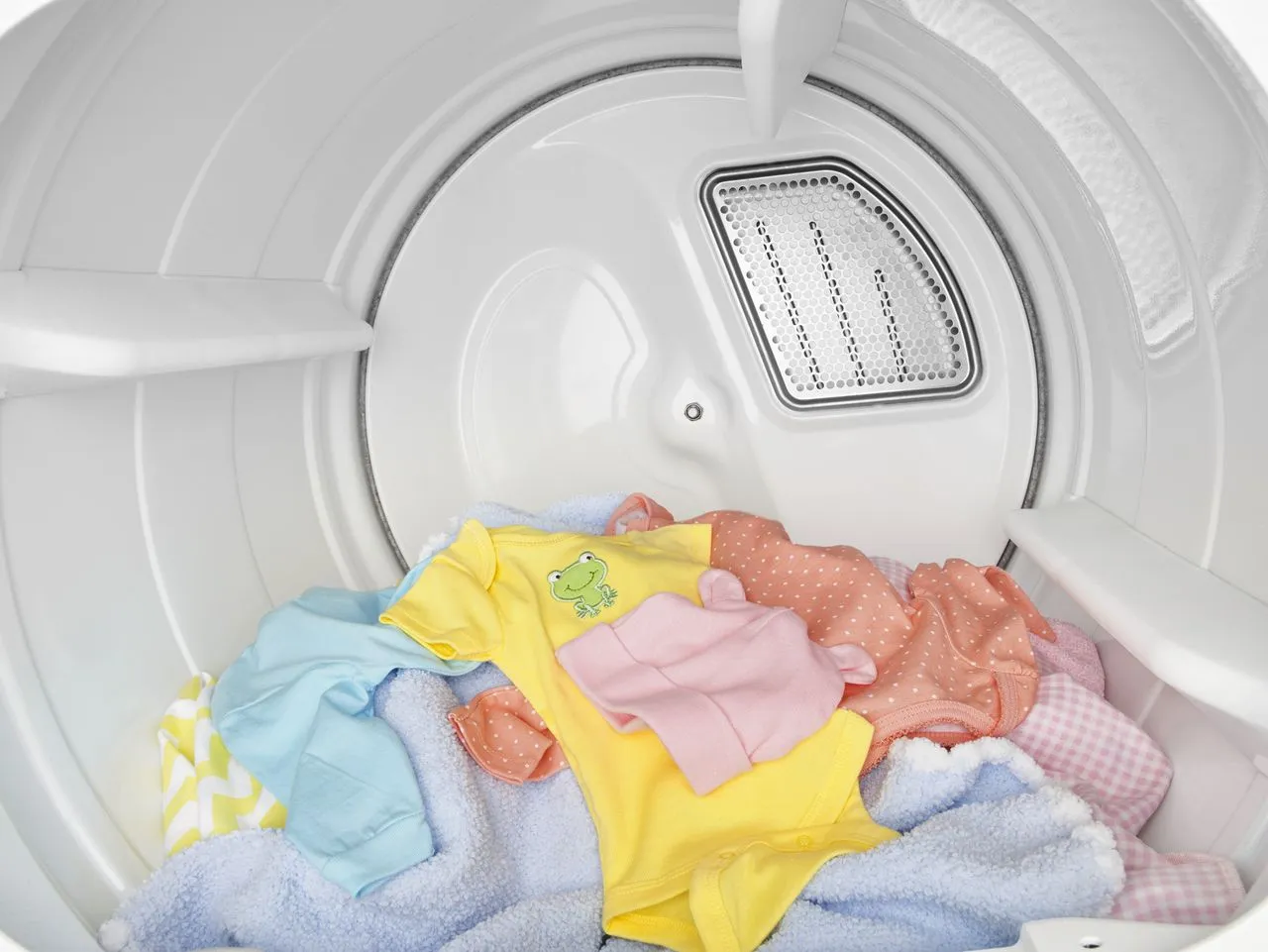



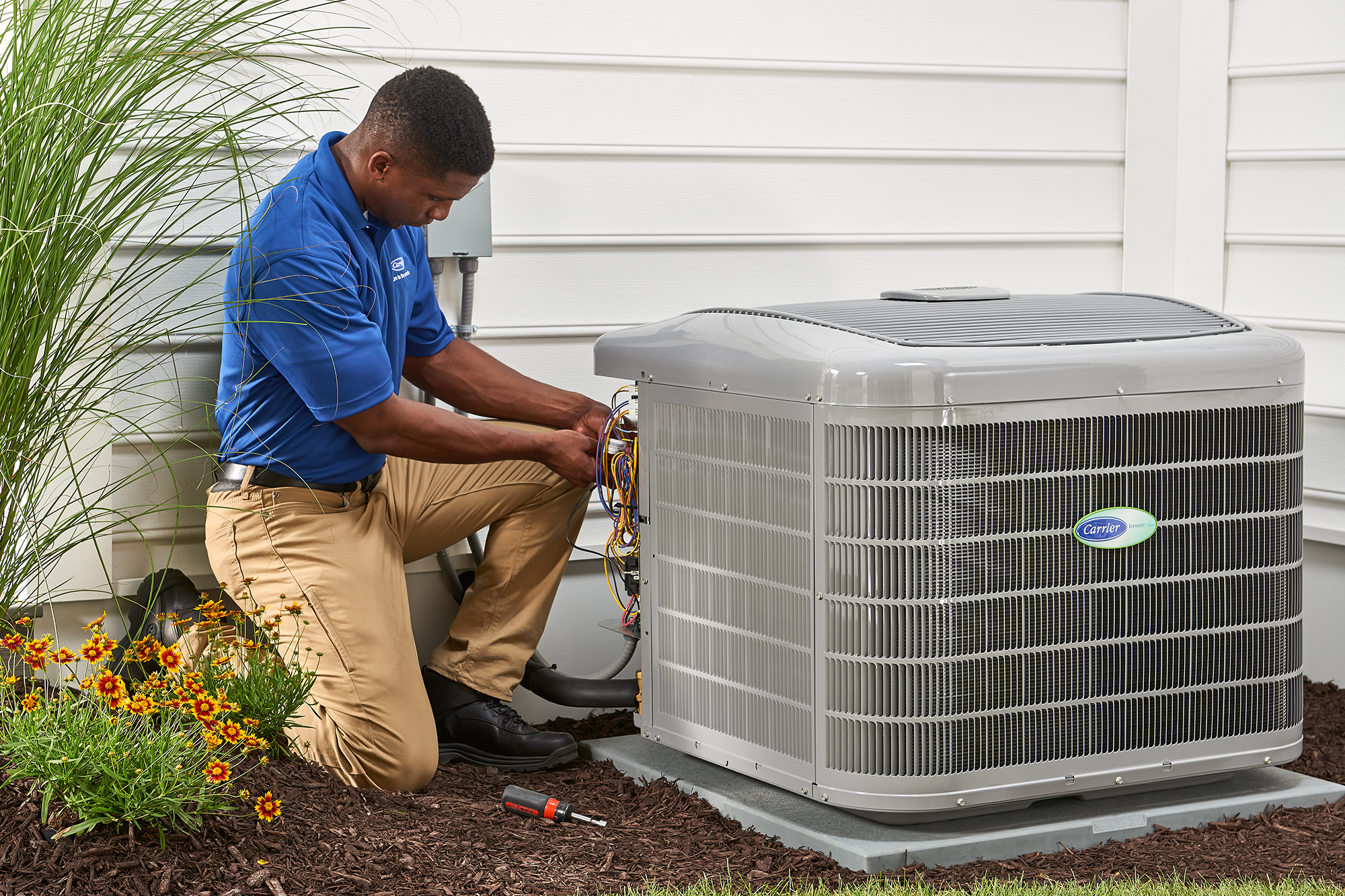
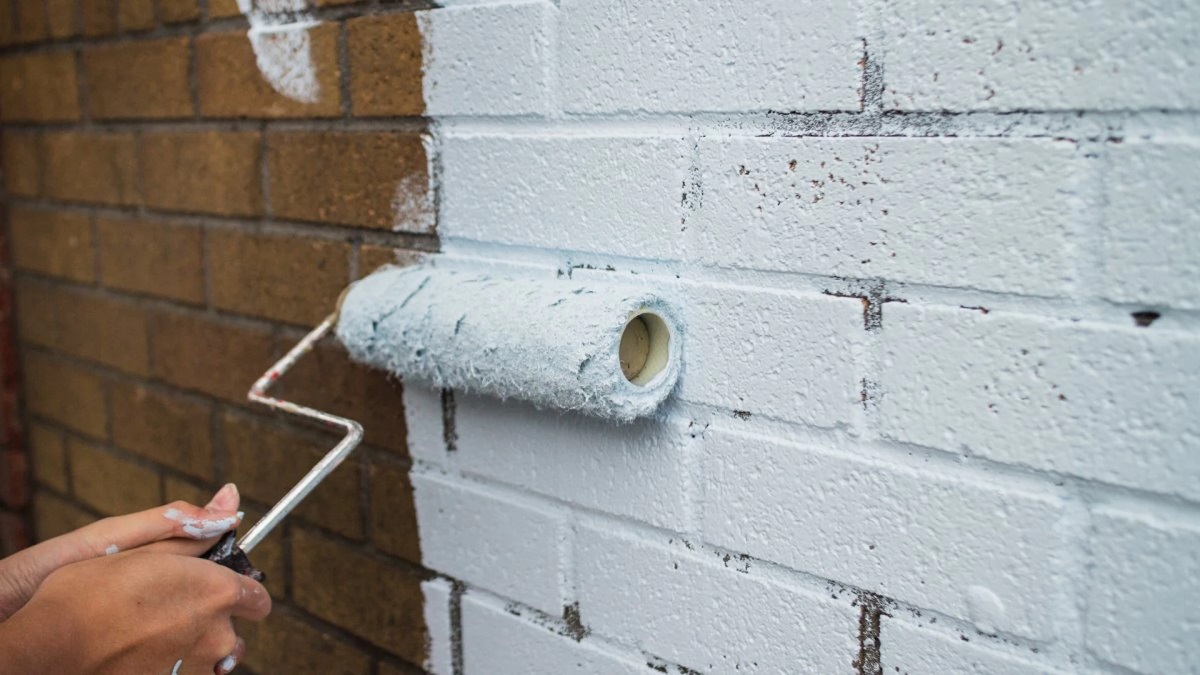
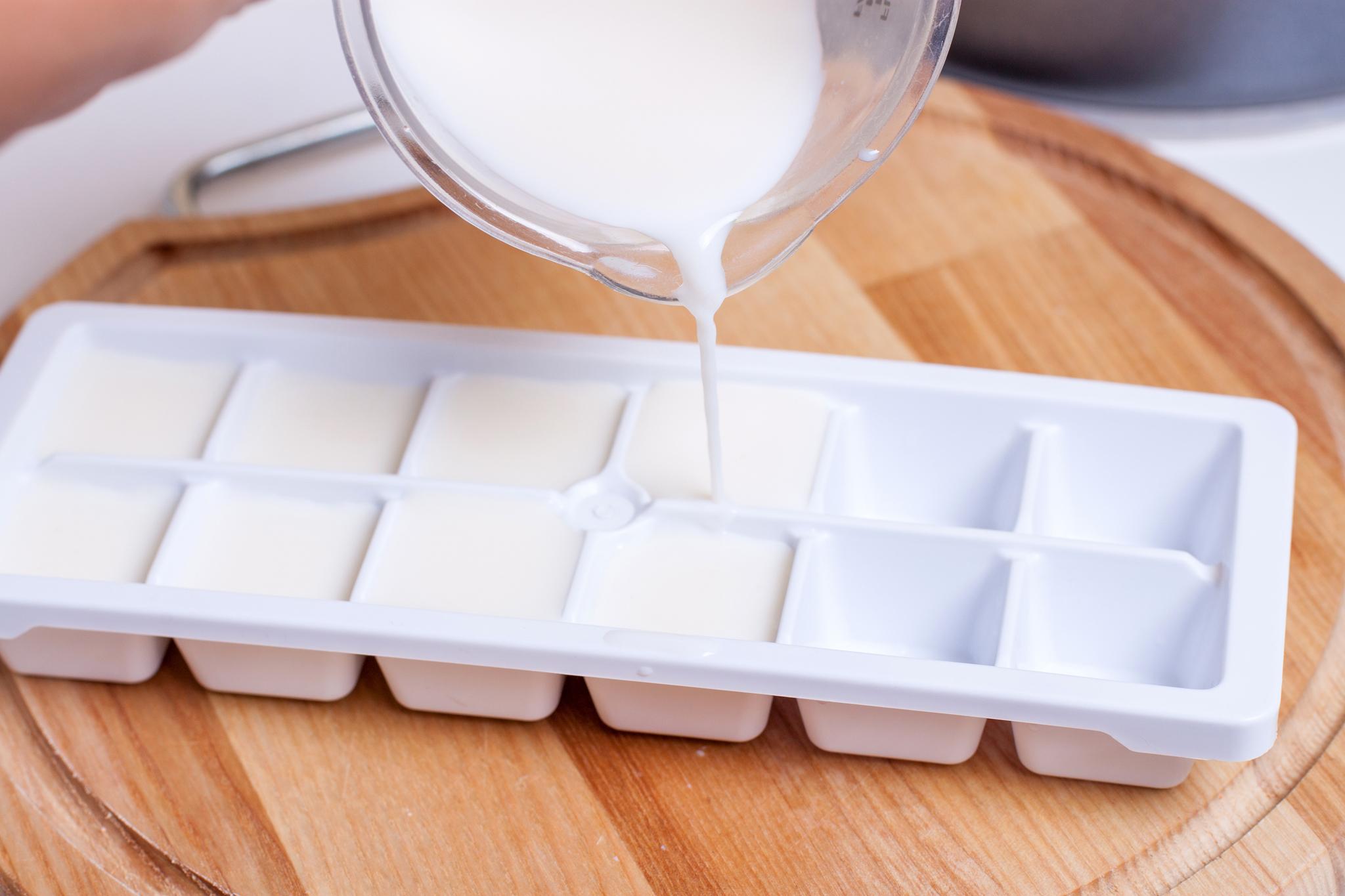

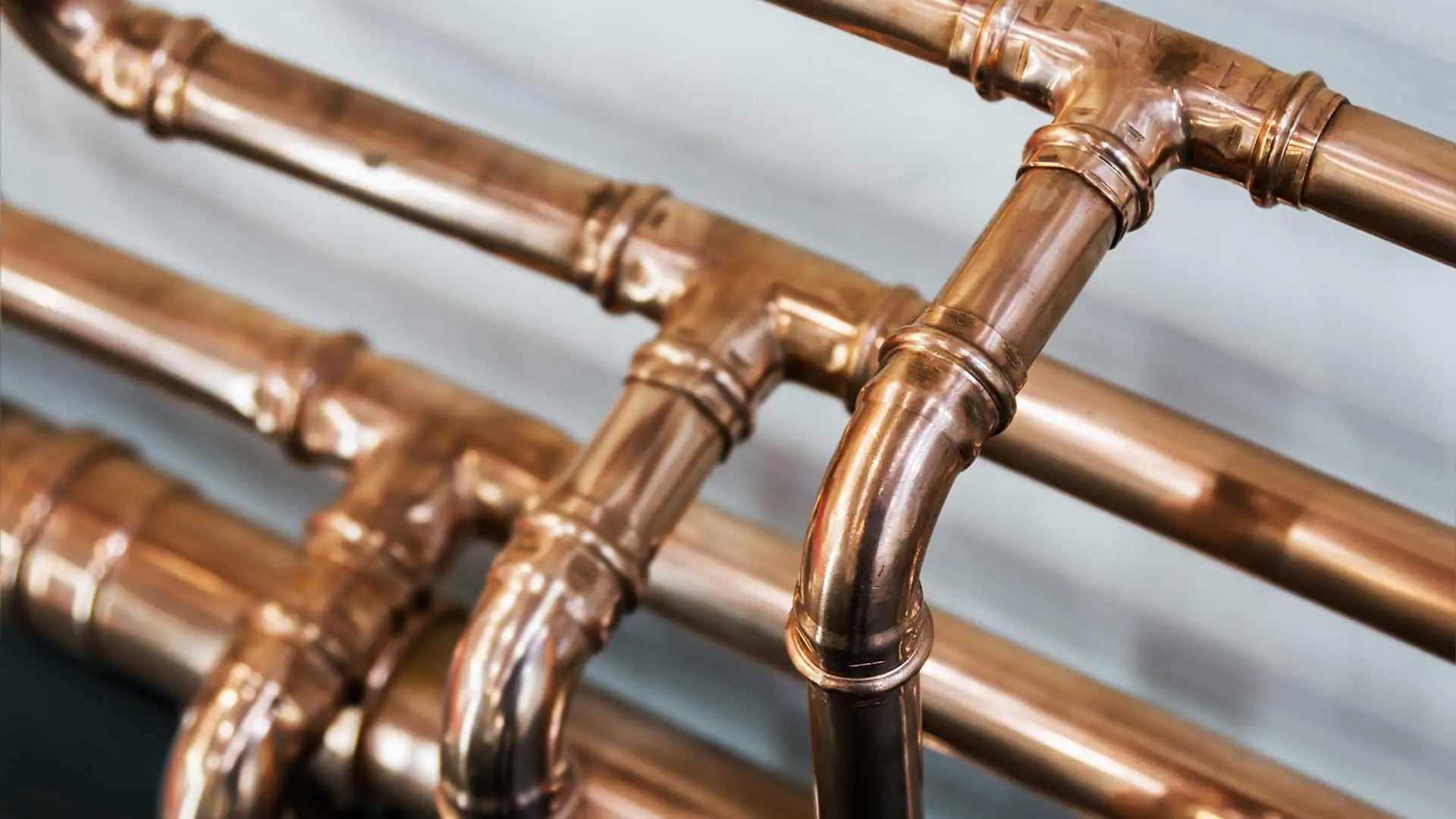

0 thoughts on “How Long Does Dishwasher Last”